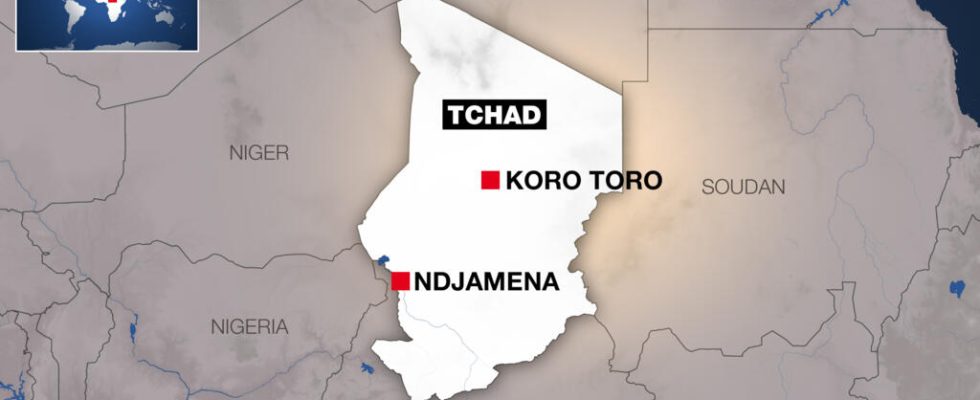In Chad, a new presidential pardon was signed on Monday 27 March. Two days after the one concerning 380 Fact rebels, the transitional president Mahamat Idriss Déby pardoned 259 of the 262 people sentenced on December 2 for their alleged participation in the October 20 demonstrations. If the supporters of power salute his ” magnanimity “, others accuse the authorities of diversion.
They had received sentences of two to three years in prison during a highly contested trial held behind closed doors in Koro Toro prison, in the middle of the desert, without lawyers or independent media. According to the presidential decree, they had been sentenced for ” acts of unauthorized assembly, destruction of property, arson, violence and assault, intentional bodily injury, disturbance of public order “.
This after more than a month and a half of detention in this high security prison, 600 kilometers from the capital Ndjamena.
The convicts were arrested during what the opposition calls the ” black thursday », and the following days. These mobilizations against the extension of the duration of the transition, the repression of which killed at least 128 people, according to the national commission for human rights in Chad.
As for the support of the president of the transition, the spokesperson for the MPS party, ex-president Idriss Déby, Jean-Bernard Padaré salutes the ” magnanimity of the Chadian leader, who keeps according to the promises of appeasement made during the national dialogue.
the spokesperson for the MPS party of ex-president Idriss Déby Jean-Bernard Padaré hails the “magnanimity” of the presidential pardon
But for the organizers of the harshly repressed marches of October 20. it is rather a maneuver by the authorities to ” shuffle the cards around the many questions still pending, “since no light has been shed on the exact number of victims”, or people still missing.
Max Loalngar is the coordinator of the Wakit Tama platform, opposed to the progress of the Chadian transition. He considers that this pardon does not make sense because the prisoners have not been definitively condemned, for lack of an appeal trial, and that their lawyers must continue the procedure to clear them:
For Max Loalngar, coordinator of the opposition platform Wakit Tama, this pardon is intended to “muddy the waters” around other issues and does not make sense because the prisoners have not been sentenced definitively.
Investigation still in progress for a “ around twenty »
However, the investigation is still ongoing for a ” around twenty of persons detained in Ndjamena, and a hundred others in Koro Toro prison, said Laguerre Ndjerandi, the president of the capital.
The authorities had first announced that about fifty people had died during this ” black thursday “, mainly young people shot dead in the capital by the police, before reassessing this toll at 73 dead. NGOs, however, denounced undervalued figures.
The NGO Human Rights Watch (HRW) had notably denounced in a report at the end of January of the “ murders “, of the “ death in custody “, of the “ enforced disappearances » and « acts of torture related to the authorities’ crackdown on protests.
Second grace in three days
This is the second presidential pardon granted in three days. Saturday March 25, a group of 380 rebels of the Front pour l’Alternance et la Concorde au Tchad (Fact), sentenced to life imprisonment for their involvement in the death of former President Idriss Déby Itno, benefited from the same decision of the Head of State.
They had also been found guilty of “ act of terrorism, mercenarism, and threat to the security of the national territory “.
